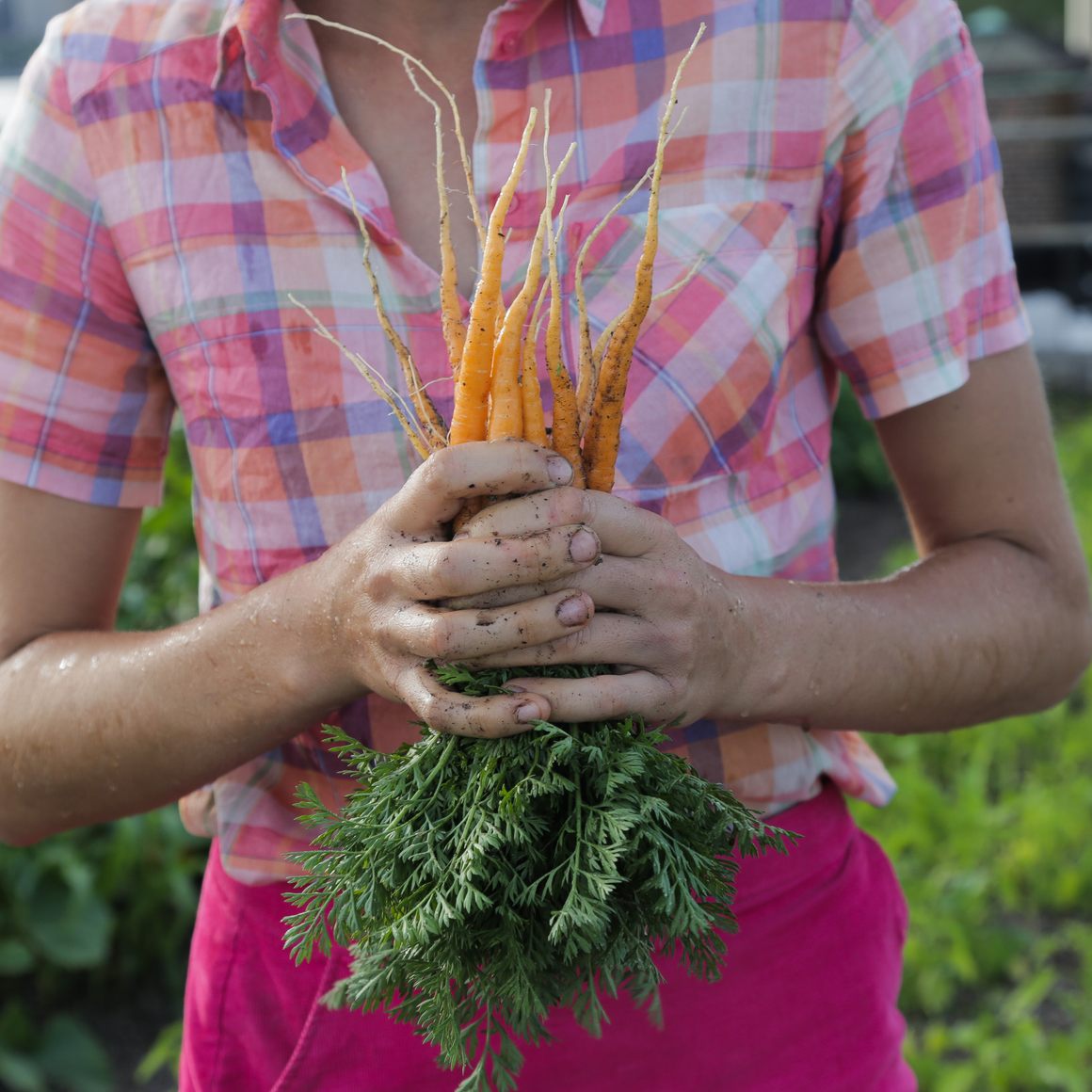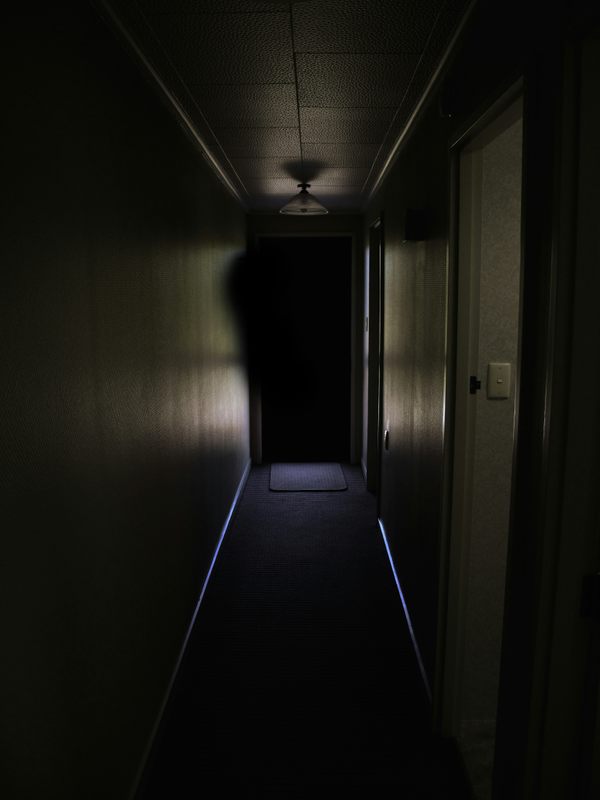Soil Science: Exploring the World Beneath Our Feet With Annie Novak
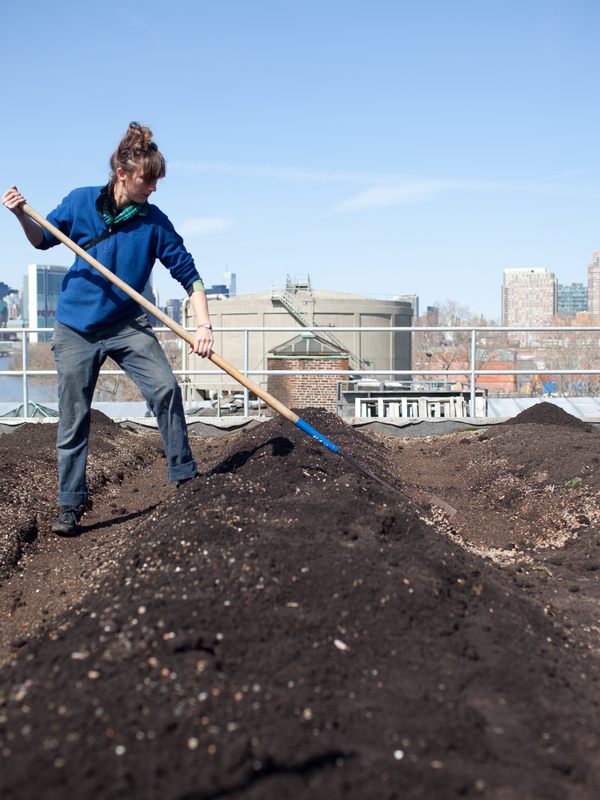

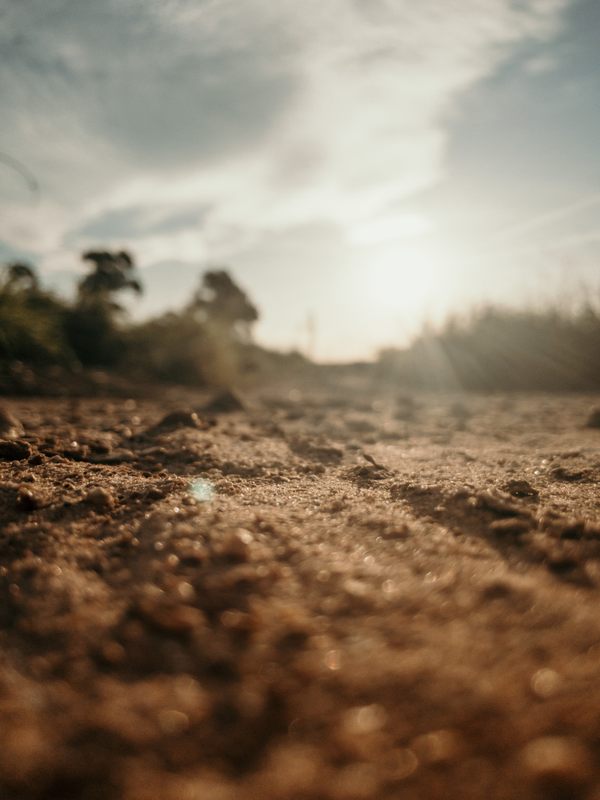
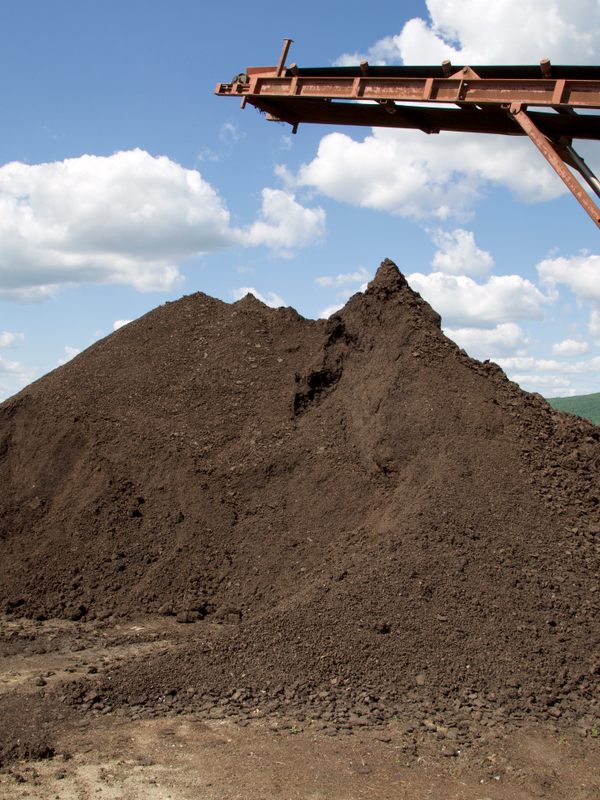
This course has already started! However, you can still join if you’d like to (and we hope you will!). Students enrolling after the course start date and time will have access to a recording of the first session (which will be emailed to participants within 72 hours) as well as the option to attend remaining sessions live. Please select the “Join Late” ticket type to enroll after the course has begun.
In this three-part lecture series, we’ll dig into the composition, ecology, health, and restoration of soils.
Course Description
In a handful of soil, there are more individual microbes than there are humans on Earth or visible stars in the sky. The complexity of the world beneath our feet isn’t immediately evident to most of us—unless we know how to look for it. Join Annie Novak for a re-introduction to soil, not as just the stuff beneath us, but as an ecological archive, a dynamic habitat, and a force that quietly shapes the world around us.
There are a dozen recognized categories of soil in the U.S. alone, from the iron-streaked rainbow spodosols of hardwood forests to the soft mollisols of the great open prairie. Wherever you may be, identifying the composition of soils tells a story of the landscape: what plants will grow, which animals will thrive, or how well the foundation of a building will stand over time.
Over the course of three sessions, we’ll cover soil identification, composition, and ecology, learning hands-on skills to interact with, check in on, and care for the soils around you. Learn best practices and methods of composting and how to improve your own soil landscape.
Syllabus at a Glance
This course includes three total sessions, each lasting for 1.5 hours on three consecutive Mondays beginning June 6.
Session 1 (Monday, 6/6, 6:30-8 PM ET)| Soil Composition: What are soils made from and why does it matter?
Session 2 (Monday, 6/13, 6:30-8 PM ET)| Soil Ecology: Who’s doing what in soils and why does it matter?
Session 3 (Monday, 6/20, 6:30-8 PM ET)| Soil Improvement: Amending the composition and ecology of your soil
Between Sessions
While there won’t be any required assignments, students will be encouraged to engage with course material (in other words, play in the dirt!) outside of class, from soil tests to optional readings.
Pricing Options
This course is available at three ticket prices. This tiered pricing model is designed to increase access for a wider range of students as well as to support our instructors. In addition to tiered tickets, we offer a limited number of no-pay spots for students who would not otherwise be able to take this course. No-pay spots are selected via a randomized drawing two weeks before each section begins. For more information and to apply for a no-pay spot, please click here. To learn more about our pricing model and randomized selection process for no-pay spots, please visit our FAQ page.
Community Guidelines for Students
Please take a moment to review our community guidelines for students, which aim to share our classroom ethos and help set the stage for the best possible learning experience.
Atlas Obscura Online Courses
Atlas Obscura Courses offer opportunities for participants to emerge with new skills, knowledge, connections, and perspectives through multi-session classes designed and taught by expert instructors. To learn more about our current course offerings, please visit www.atlasobscura.com/online-courses. For answers to commonly asked questions, check out our FAQ page here.
Founded in 2009, Atlas Obscura created the definitive community-driven guide to incredible places across the planet and is now an award-winning company that shares the world’s hidden wonders in person and online.
Once registered, you’ll receive a confirmation email from Eventbrite that will provide access to each class meeting. Please save the confirmation email as you’ll use it to access all sessions of your course via Zoom.
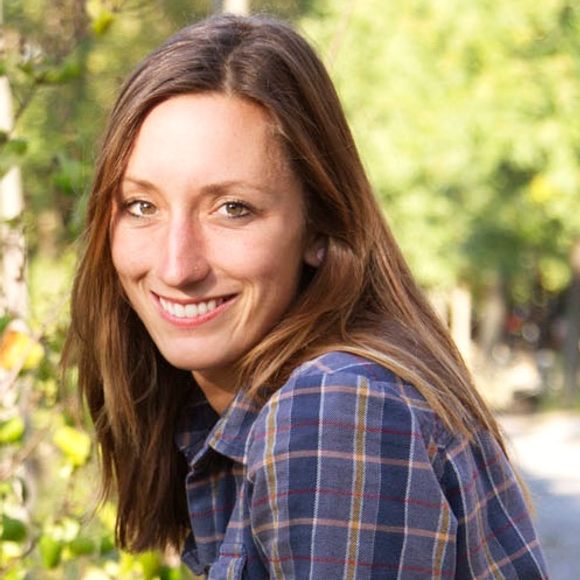

Annie Novak is founder and director of Growing Chefs, field-to-fork food education program; the Manager of the Edible Academy at the New York Botanical Garden, and co-founder and farmer of Eagle Street Rooftop Farm in Greenpoint, Brooklyn in partnership with Goode Green and Broadway Stages. She is the author of The Rooftop Growing Guide: How to Transform Your Roof into a Garden or Farm, published by Ten Speed Press.
A passionate educator, Annie teaches locally & nationally, and has spoken at conferences around the country on the connections between people, food and ecology, and the benefits of urban agriculture.
This lecture series is designed so students can participate live or watch a recording of each session, after it airs, at a time that is convenient for them. Sessions will take place live over Zoom, with dedicated Q&A segments for students to ask questions via video or chat. Within 72 hours after each session meets, students will receive access to a recording of the live session, which they can watch for up to two weeks after the course concludes.
Instructors may use Google Classroom to communicate with students outside of class. While students aren’t required to use Google Classroom, instructors may use this platform to post resources, discussion questions, or assignments. This platform also offers a space for students to connect with one another about course material between sessions.
We provide closed captioning for all of our courses and can share transcripts upon request. Please reach out to us at experiences@atlasobscura.com if you have any questions, requests, or accessibility needs.
This course is best suited for adults and teenagers.




